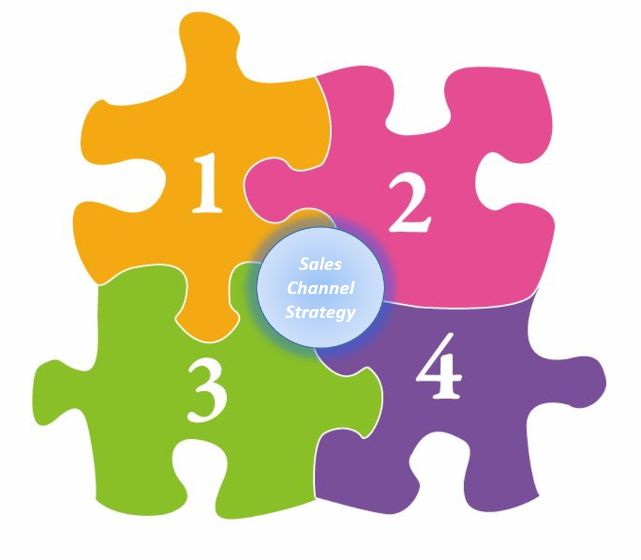Sales channels are the true lifeline of any indirect-sales organization, which makes managing them a tricky proposition. How do you ensure you get the revenues you need to continue growing your business, while still presenting a solid value to the sales channels who are also looking to turn a profit?
This is the essence of good partner relationship management, maintaining the balance between your needs and theirs, so that both enterprises can profit. It boils down to one simple thing: Making life easier for your channel partners. The more support you can give them, and the more information they have to work with, the better they'll be able to promote your products and services. Better yet, they'll be more enthusiastic about it too!
Equip and prepare your partners, but keep it simple!
One of the most basic partner relationship management mistakes we often see is simply overloading the channel partner with information. Usually, they'll have no idea where to start. They need to be able to present themselves as experts with the product, inside and out, so you need to make it easy for them to do this. Prescriptive content delivery that is tied to specific sales processes or product categories, for example, can provide them with the right information at the right time
Thanks to online technologies, it's now quick and easy to create online repositories with a full array of information for channels, from sales materials to detailed technical guides. As long as it's well-categorized, the more documentation, the better! Having a direct contact source is a great asset as well, that way partners know they can have questions answered quickly when necessary.
Talk to your partners - understand what drives their business
Sure, your partners are making a set commission off each product sold, but what other services are they providing? It's not unusual for sales partners to end up making more money off the back end, providing after-sales support services, than they do off the initial sale.
What this means is that changes you make to the product can have a significant impact on their profitability. A major UX update which cuts the number of tech support calls in half might sound great from a customer-focus standpoint, but it could also cut your partners' profitability in half as well!
Obviously, crippling one's own product is rarely a good idea, but the key takeaway here is to talk to your partners whenever any major changes are coming to find out the real-world impact it will have on them. This back-and-forth will help them feel more valued, and will help prepare your partners for changes that will impact their business.
READ MORE: CSO's Guide to Increasing Channel Partner Sales
Collect and triage leads on your partners' behalf.
Just because you rely on sales partners doesn't mean you can't see the benefits from good content marketing strategies. In this do-it-yourself age of personal online information-gathering, it's increasingly common for buyers to go directly to the source when researching products online. They may even be wary of top-level companies who provide little information about themselves or their own products.
On the other hand, having good content marketing on your own homepage pays off for you and sales partners. You can collect and screen leads on their behalf, passing them on to the appropriate partners as they come in. Receiving qualified leads is often the #1 request of any channel partner. It increases their lead volume, and pays off in the long run with increased mindshare and greater sales results.
Share sales strategies
While there may be a small amount of overlap among your partners, when they're not competing for customers, generally speaking your channel sales are a true team effort. And strategies that work well for one partner are likely to work well for many others as well.
Having an open flow of communication between them, or a centralized portal for discussion, can be a huge help to partner relationship management. Get in contact with your top sales performers and encourage them to share their own best practices. Or else encourage them to reach out to other partners, or potentially even host a webinar discussing their techniques.
This sort of team-effort approach will also help the under-performing partners feel that they're receiving enough support, and gives them the opportunity to turn their sales around.
Here at LogicBay, we've put together one of the most powerful, easy-to-use, and customizable channel management strategy solutions on the market. One simple cloud-based platform can unite your sales channels, creating an all-in-one tool for data analysis, communications, training, and information hubs. It's the right choice for any indirect sales organization looking to maximize its revenues through strong partner support.
Contact us today to discuss setting up a free personalized demonstration, and you can see for yourself.
